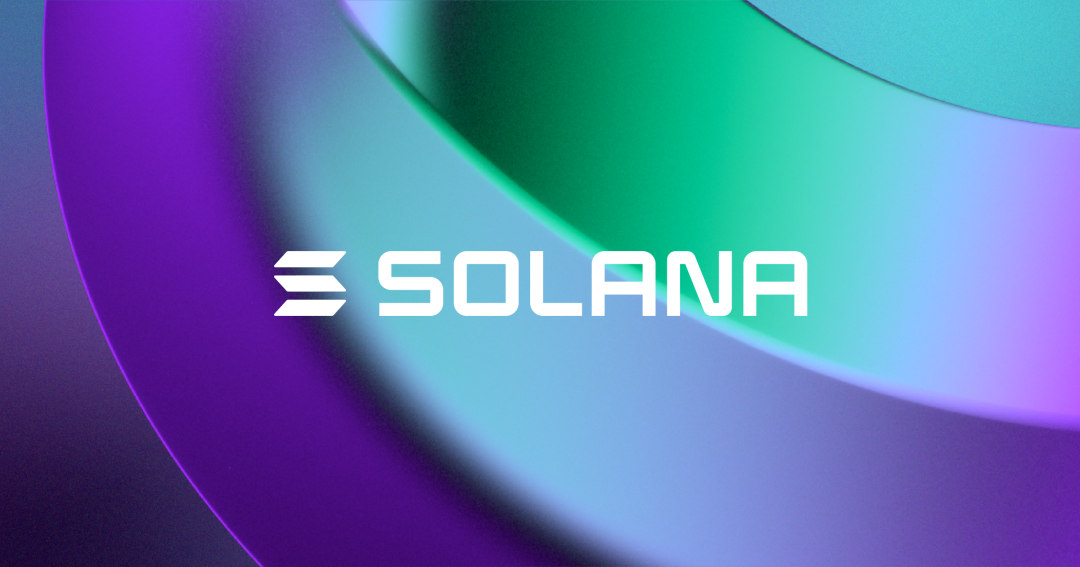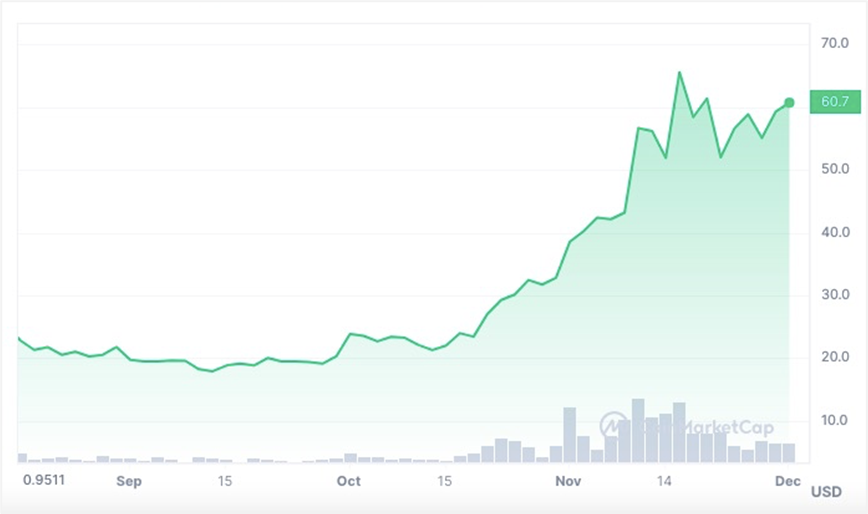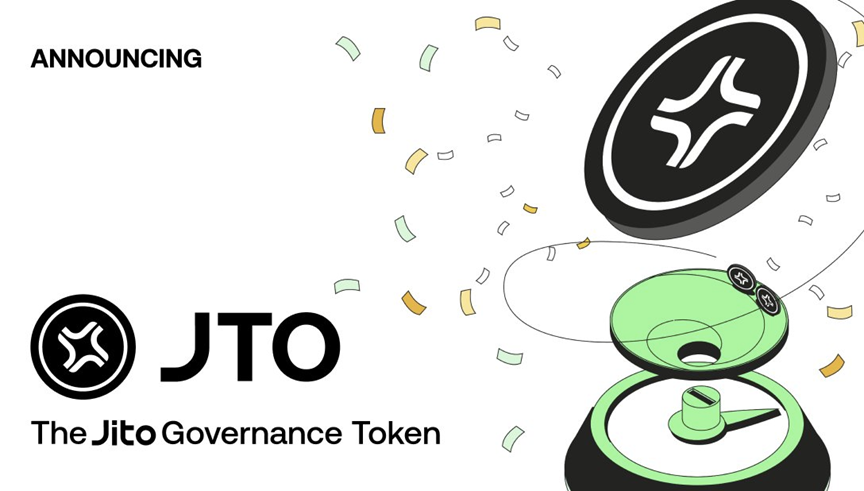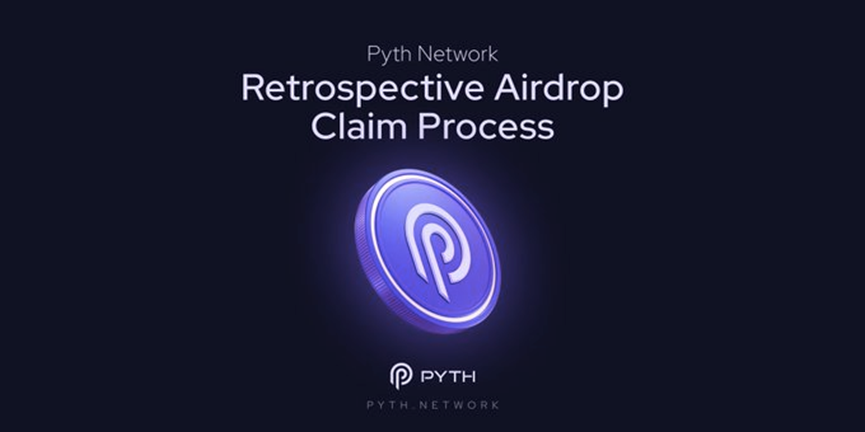Author: Daniel Li, CoinVoice

As a representative of the old public chain, Solana is slowly recovering from the FTX disaster. With the recent surge in Bitcoin prices, the Solana token SOL has also begun to rise strongly, with a nearly 69.96% increase in the past 30 days, surpassing the rise of over 90% of other tokens. According to CoinCodex's forecast, the optimistic estimate for SOL suggests that by the end of 2024, its price is expected to reach three digits.
The strong resurgence of Solana is partly due to its past struggles, with the token price dropping from over $200 to below $10, severely undervaluing its market value. As the impact of the FTX incident slowly fades, Solana has been steadily building its high-performance blockchain infrastructure, reigniting investor interest. In addition, the recent concentrated airdrops of Solana's ecosystem projects have also sparked unprecedented market attention, with investors generally optimistic about Solana's prospects. Solana may have the opportunity to return to its former peak during this market surge.
Solana's Counterattack of the Sleeping Giant
In 2022, it was a heavy blow to the entire crypto industry. Countless crypto institutions frequently defaulted, and Solana, as an old public chain, was not spared. Throughout 2022, Solana faced challenges such as network interruptions and the collapse of FTX. Solana's market value plummeted by about 93%, and the total locked value (TVL) of the network dropped by 96%. The price of SOL also experienced a cliff-like decline. Coupled with the overall downturn in the cryptocurrency market, the price of SOL dropped to a low of $8 before barely stabilizing and rebounding. By the end of 2022, people seemed to have lost hope for Solana's future, speculating that Solana was about to spiral into a death spiral.
However, in 2023, Solana did not spiral into a death spiral as expected by the public. Instead, with the rebound of Bitcoin at the beginning of the year, SOL stabilized and gradually rose from a low of $7.85. In the first quarter, SOL stabilized above $20. Despite significant Bitcoin corrections thereafter, the price of SOL remained stable at around $20. It wasn't until October when the market entered a massive uptrend that SOL began to rise continuously, with its price surging to over $60, reaching a high of $68.25. Compared to the low of $7.85 at the beginning of the year, the price of SOL has nearly multiplied by 8, and the current price of the SOL token is $61.

The strong recovery of the Solana token has also led to investors who were previously not optimistic about Solana to frenzy in hoarding SOL. In this surge, the Korean community, known for their enthusiasm for trading coins, also played an important role. According to reports, in the past few months, the Korean won ranked second after the US dollar in SOL fiat trading pairs, accounting for 12.3%. On the Korean exchanges Bithumb and Upbit, the quoted prices for SOL were $64.34 and $63.61, respectively, both higher than the global average price of $61.80 per unit. This shows the Korean people's frenzy for buying SOL. SOL once dominated the first position in trading volume on Upbit, the largest cryptocurrency exchange in Korea, accounting for 7.65% of the total trading volume on the exchange.
The change in the market's attitude towards Solana is not only due to its remarkable token price increase over the past year, but also more importantly, it is due to the series of measures taken by the project team to revive Solana. These measures have renewed the market's confidence in Solana and attracted the attention of investors who had lost hope in it.
Why Can Solana Rise Again
The strong recovery of Solana is inseparable from its strong leadership. Solana's co-founder Anatoly Yakovenko has nearly 20 years of experience in building high-performance operating systems, and his technical expertise has laid a solid foundation for Solana's success. Yakovenko was widely praised for developing "PoH (Proof of History)." Another co-founder, Solana Raj Gokal, is also a well-known figure in the tech industry. They both have confidence in Solana and believe it has the potential to become the "Apple" of the crypto world.
It is because of the founders' confidence in the future of Solana that, despite the market's lack of confidence in Solana, they have continued to push for continuous improvement and innovation in Solana's technology, leading to the current strong recovery of Solana.

In 2023, Solana introduced a series of new technologies to enhance its blockchain performance and drive application development.
State Compression Technology: Solana introduced state compression technology to improve the performance of the blockchain, reduce transaction costs, and enhance the tradability of NFTs. This technology processes transaction data in Solana's ledger through hashing and verifies Merkle tree accounts for use in smart contracts. This means that compressed NFTs can be created on-chain in a similar manner, but at a fraction of the previous cost. State compression technology provides Solana with higher throughput and lower transaction costs, attracting more users and developers' interest.
Compressed NFT Technology: Solana introduced compressed NFTs, a technology that will change the crypto market's perception of NFTs and bring previously seemingly impossible new use cases. With compressed NFTs, NFT creators can mint 1 billion NFTs for a price of 50 SOL. This is significant for market participants. In fact, compressed NFTs enable game studios to mint every item or character in a game as an NFT, and social media platforms can more easily distribute NFTs to each user. In the future, we may see tens of billions of real-world assets circulating on the blockchain. The introduction of compressed NFT technology has driven the development of the NFT market and expanded the application scope of the Solana ecosystem.
Neon EVM: Solana introduced Neon EVM, a solution that is compatible with the Ethereum Virtual Machine (EVM), allowing developers to run Ethereum-based smart contracts in the Solana ecosystem. The introduction of Neon EVM provides Ethereum developers with more choices and flexibility, allowing them to run their smart contracts on Solana without modifying their code. This promotes developer migration and the growth of the Solana ecosystem.
Solang: Solana also introduced Solang, a tool for writing smart contracts on the Solana blockchain. Solang supports programming languages such as Rust and C, providing developers with more options. Developers can use Solang to write efficient and secure smart contracts and deploy them on the Solana blockchain. The introduction of Solang further improves the developer-friendliness and usability of Solana, attracting more developers to join the Solana ecosystem.
In addition to continuous innovation in the technical field, Solana has also invested more time and resources than before to promote the innovation and development of ecosystem projects. In 2023, the Solana Foundation launched a series of growth plans, such as Convertible Grants and the AI Funding Fund, to support and invest in projects within the Solana ecosystem. Through these plans, the Solana Foundation encourages and incentivizes the development of innovative projects, providing them with financial and resource support.
Furthermore, the Solana community is also playing an active role, with community members promoting, participating, and contributing code to drive Solana's development. The increased attention from the community has attracted more developers and users to Solana and promoted the growth of the ecosystem.
Additionally, Solana has begun to focus on strengthening cooperation with major participants in the crypto ecosystem, establishing strategic alliances to provide diverse use cases for the ecosystem, and driving further innovation in the cryptocurrency field. In 2023, Solana added several strategic alliances, including Chainlink (LINK), Serum (SRM), ChainSafe, Sabre Lab, Bonfida, Raydium (RAY), and others. The establishment of these strategic alliances has brought more cooperation opportunities for Solana, expanded its influence in the cryptocurrency field, and provided more support and synergy for the development of the ecosystem.
Airdrop Incoming, SOLANA Ecosystem May Experience an Explosion
The strong recovery of Solana has sparked investors' desire for its token SOL, but this strong demand has not led to a massive surge in the liquidity of the Solana ecosystem. Compared to the remarkable increase in SOL's price, Solana's Total Value Locked (TVL) has seen a less impressive increase. The TVL of Solana, measured in USD, has increased by 200%, which seems impressive, but it is still lower than the low point of $10 billion before the FTX collapse. In terms of TVL measured in SOL, it has actually decreased by 45% this year, highlighting the limited liquidity of the project's ecosystem.
Liquidity is crucial for ecosystem development, and after realizing the issue of insufficient liquidity, the Solana ecosystem has taken a series of measures. In the past month alone, several important projects have announced airdrop plans, which are undoubtedly the most direct way to attract traffic. Here is a brief introduction to these projects:
Jupiter
Jupiter is the first on-chain trading aggregator on the Solana blockchain, aiming to provide users with the best exchange rates by integrating all major liquidity markets on the Solana blockchain and offering the best DeFi exchange experience for users and developers. The project went live on the Jupiter mainnet on October 13, 2021, and has been continuously optimized and improved based on user feedback and experience, adding more DEX paths on the Solana blockchain. Currently, the Jupiter website supports mainstream DEXs on the Solana blockchain such as Orca, Raydium, Serum, Mercurial, Saber, and Dexla.

On November 22, 2023, Jupiter Exchange launched a community airdrop plan for the JUP token. The plan will airdrop a total of 1 billion JUP tokens to 955,000 eligible Solana wallets. The airdrop will be conducted through Solana wallet addresses, with each eligible Solana wallet receiving 1,050 JUP tokens. Jupiter Exchange plans to conduct 4 rounds of airdrops, with the token quantity and ratio adjusted based on community feedback and market conditions. In addition, Jupiter Exchange also announced that exclusive NFTs will be given to early members of the project, and tokens will be distributed to Jupiter's users and early supporters of the community first during the token issuance.
With the launch of the airdrop plan and the issuance of NFTs, Jupiter Exchange is preparing to further build its community and create a thriving ecosystem around the project. The project focuses on community participation and user experience, and is expected to drive widespread adoption and become a leader in the Solana-based DEX field. Through continuous development and innovation, Jupiter Exchange will make significant contributions to the development and promotion of the Solana ecosystem.
Jito
Jito is an important project in the Solana ecosystem, aiming to solve the MEV (Maximal Extractable Value) problem on the Solana blockchain and reduce failures caused by congestion on the Solana chain. It provides a staking product, but unlike other liquidity staking protocols, Jito not only provides staking rewards but also additional rewards for MEV. The Jito team also focuses on the MEV track and has launched the third-party validator client Jito-Solana on Solana, which effectively captures MEV income in the Solana network and reduces the risk of invalid transaction dust attacks, reducing the risk of failure of the entire Solana public chain.

On November 28, Jito announced the launch of a token airdrop plan on January 1, 2024. According to the plan, Jito will issue the governance token JTO and allocate 10% of the total supply for a community retroactive airdrop. This airdrop will play a crucial role in Jito's community governance. Users holding JTO tokens can participate in setting the fees for the JitoSOL equity pool, control the StakeNet parameter update delegation strategy, manage the DAO treasury of JTO tokens and the income of JitoSOL, and contribute to the enhancement of the Jito Network.
The total supply of JTO is 1 billion tokens, with 10% allocated for a community retroactive airdrop. The airdrop targets include users holding JitoSOL, Solana validators running the Jito-Solana MEV client, and users actively using the MEV program of the Jito Network. The specific allocation details are as follows: community growth accounts for 34.3%; ecosystem development accounts for 25%; investors account for 16.2%; core contributors account for 24.5%.
This airdrop plan is significant for Jito. Firstly, it strengthens Jito's community governance, allowing token holders to participate in important decisions and drive the project's development and growth. Secondly, the airdrop plan attracts more users and validators to Jito, increasing the community participation and security of the project. Additionally, the airdrop of Jito has a positive impact on the Solana ecosystem. It plays an important role in promoting liquidity and trading activity on the Solana chain, providing users with better staking rewards and additional MEV rewards. This will further drive the development of the Solana ecosystem, attracting more projects and users to join and enhancing the overall prosperity of the ecosystem.
Pyth Network
Pyth Network is a decentralized oracle project built on the Solana blockchain. Its goal is to aggregate off-chain financial data onto the blockchain, providing high-quality and high-fidelity data for DeFi and traditional finance. The project has received support from numerous institutional investors and has partnered with top partners such as GTS, the largest market maker on the NYSE, institutional trading platform LMAX, FTX, and Chicago trading firms.

To drive the development and decentralization of Pyth Network, the project announced an airdrop plan on November 20, 2023. The airdrop will last for 90 days, with the open claim period starting at 22:00 on November 20, 2023, and the airdrop claim page valid until February 18, 2024. This airdrop plan is a wide-ranging cross-chain airdrop, covering over 90,000 wallet addresses on 27 chains. All community members who contribute to the Pyth Network ecosystem and individual users who use Pyth data are eligible to participate.
The airdrop plan of Pyth Network will incentivize community participation in on-chain governance and drive the project towards decentralization, self-sustainability, and permissionless status. As an oracle network in the Solana ecosystem, the growth and expansion of Pyth Network will also enhance the sustainability and decentralization of the Solana ecosystem, attracting more participation and attention.
免责声明:本文章仅代表作者个人观点,不代表本平台的立场和观点。本文章仅供信息分享,不构成对任何人的任何投资建议。用户与作者之间的任何争议,与本平台无关。如网页中刊载的文章或图片涉及侵权,请提供相关的权利证明和身份证明发送邮件到support@aicoin.com,本平台相关工作人员将会进行核查。




